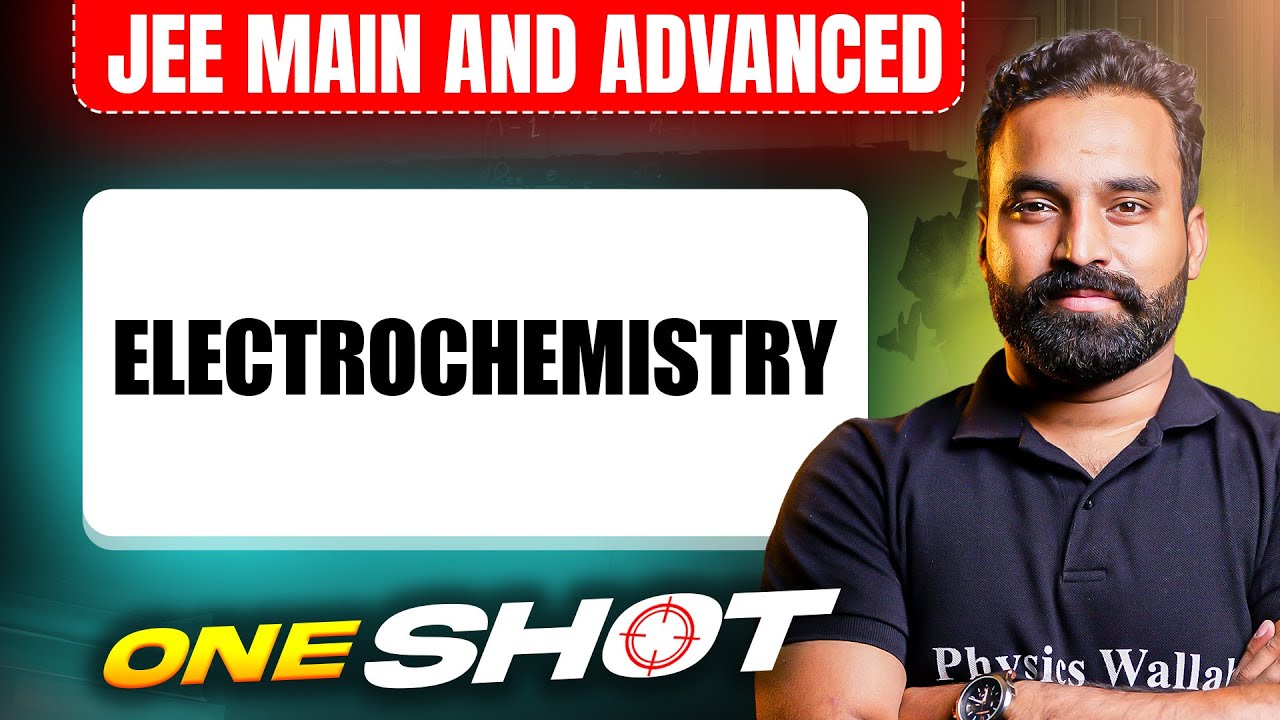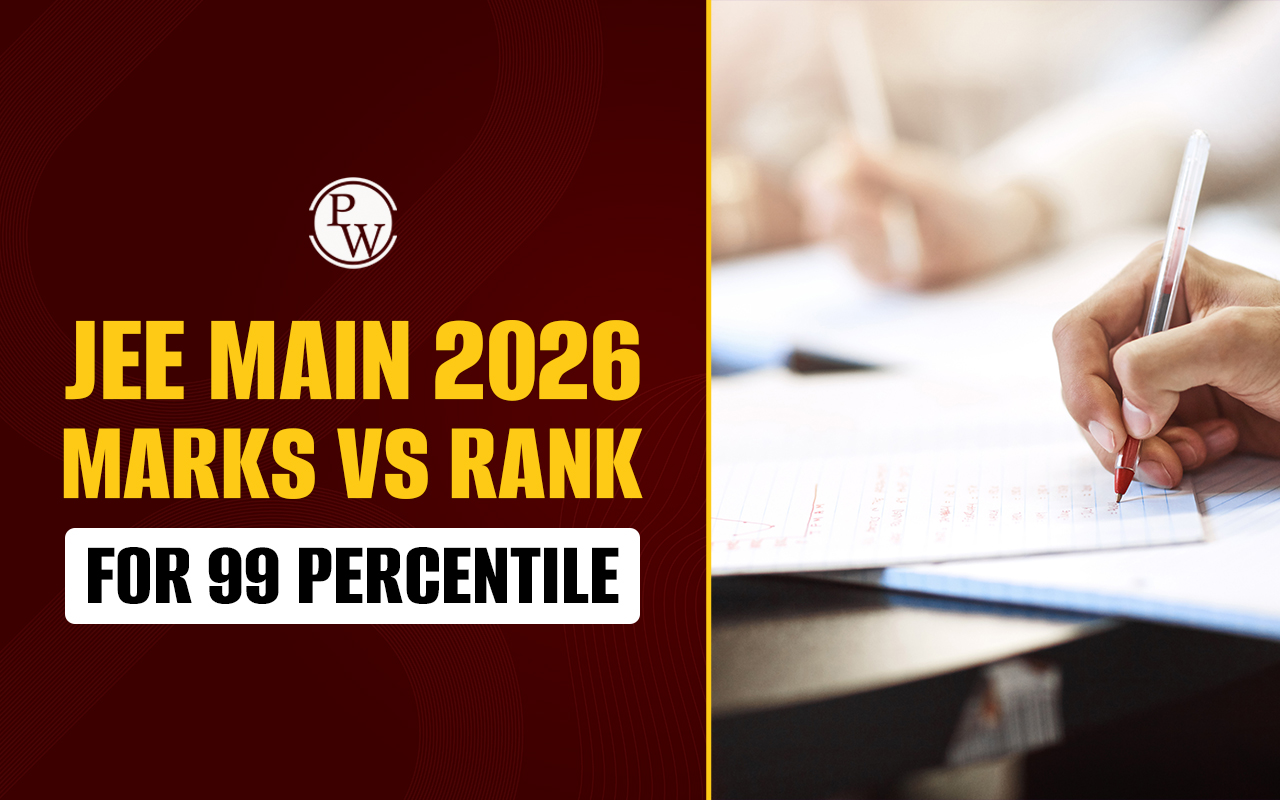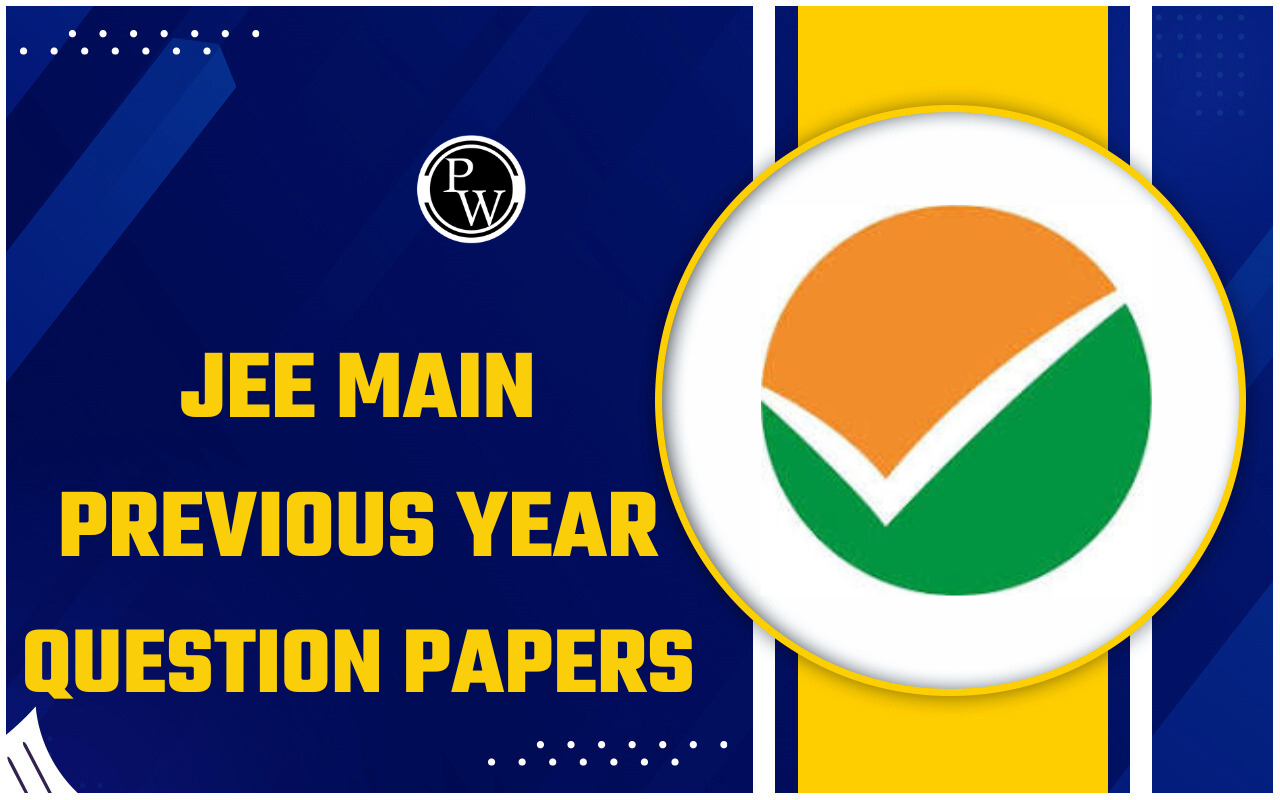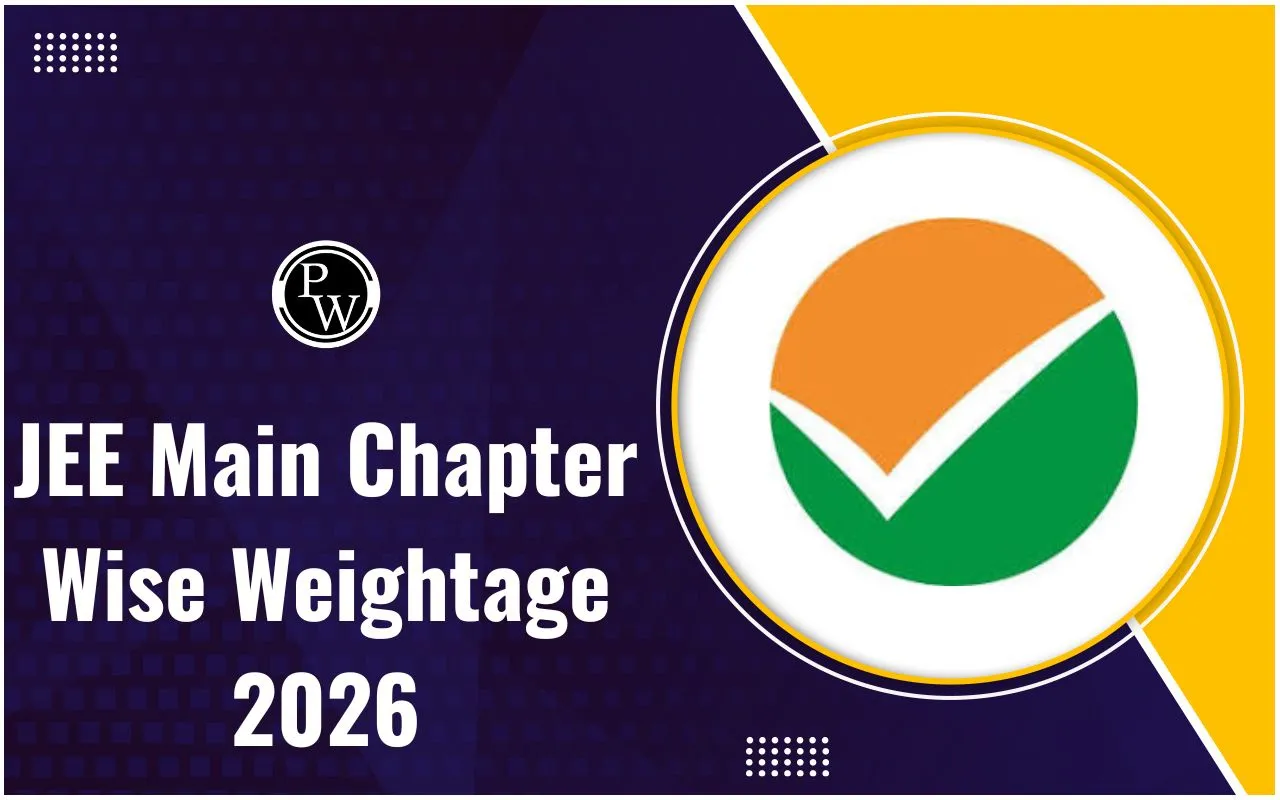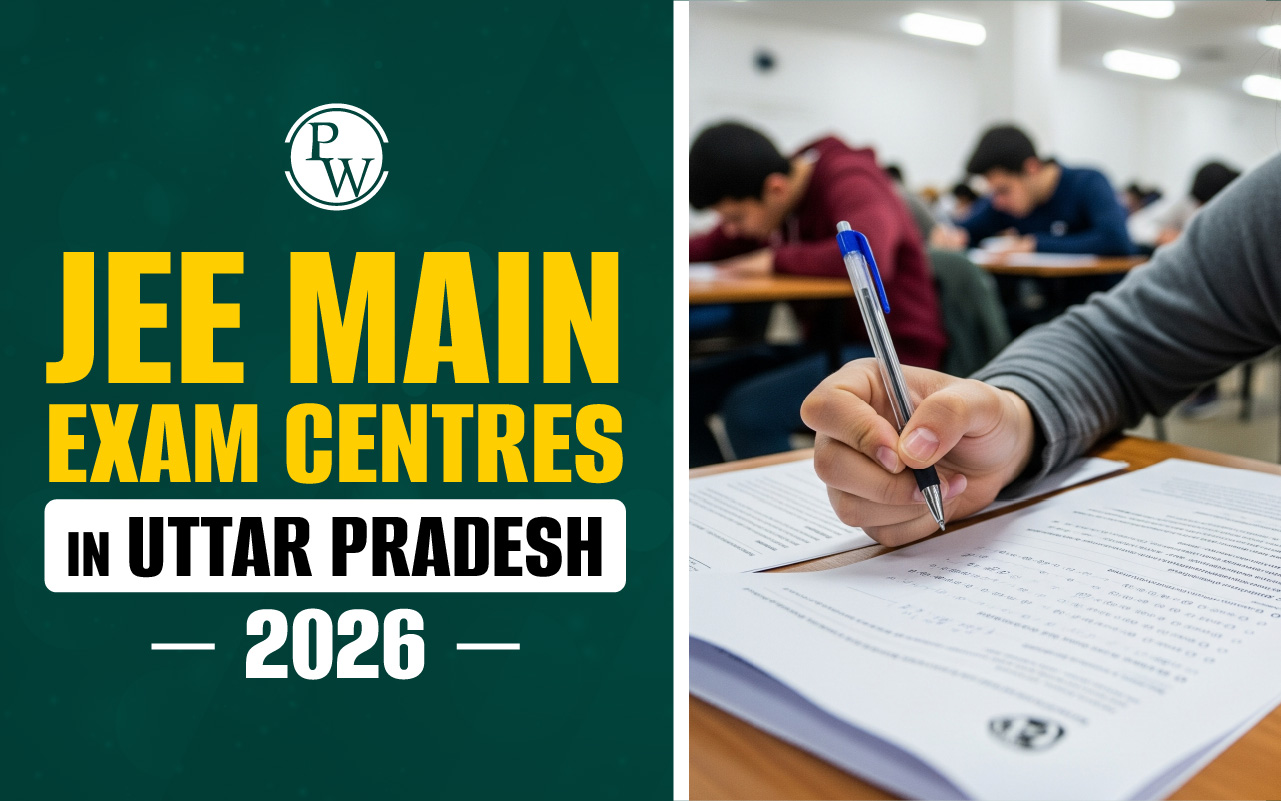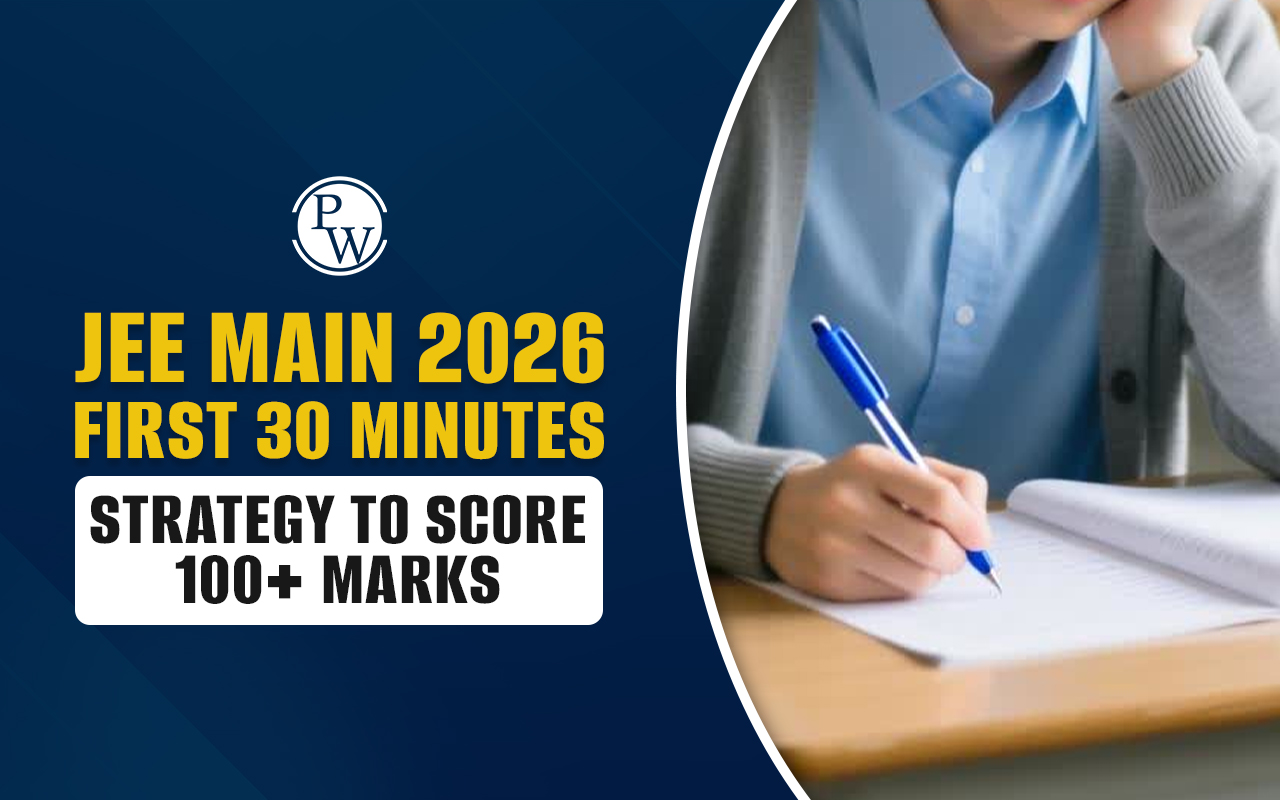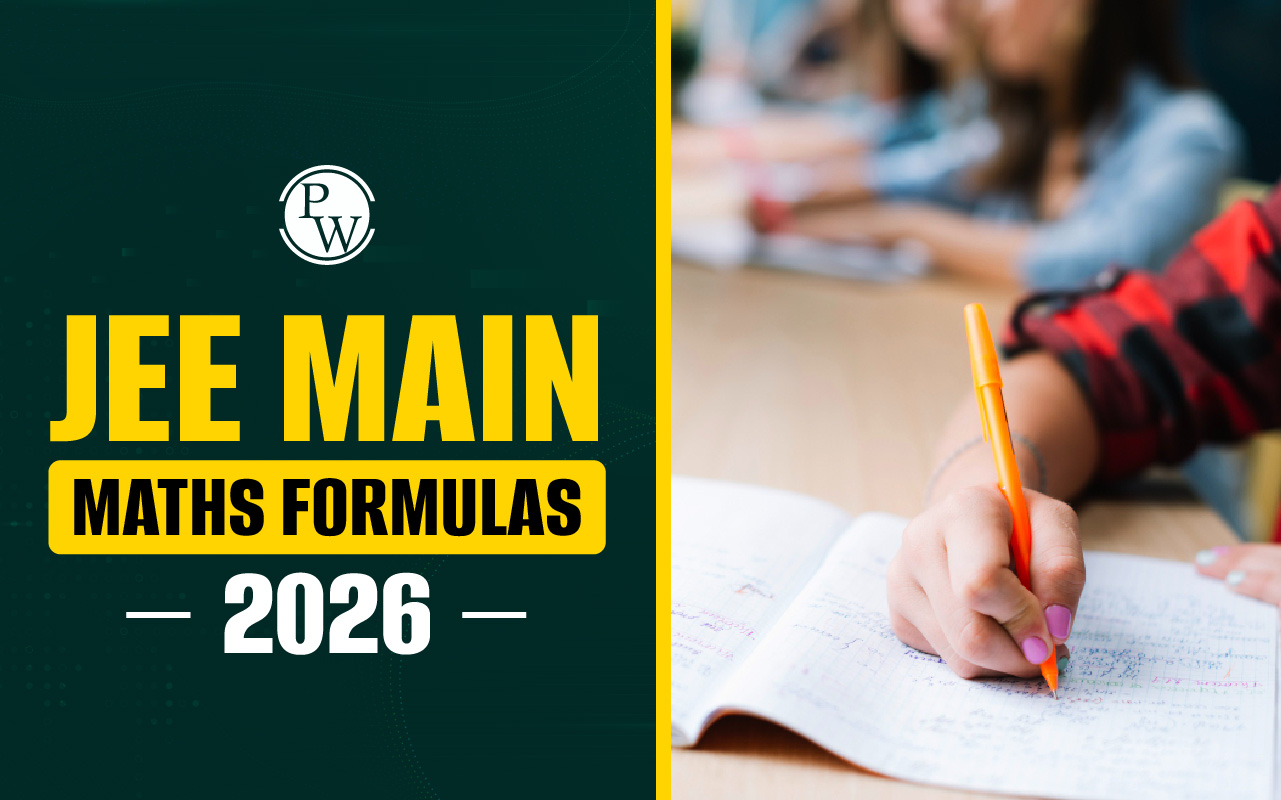
Electrochemistry JEE Questions: Electrochemistry is one of the significant topics in the Chemistry section of the JEE Main and JEE Advanced Syllabus. It is based on the study of the various chemical reactions in which there is a movement of electrons, which leads to the generation of the electric current. The students need to solve the problems on electrochemistry to understand the basic concept of the topic so that they can get solutions for real-life problems such as battery, fuel cell, corrosion, etc. JEE aspirants must prepare the Electrochemistry JEE Syllabus because the topic carries a good amount of weightage in the exam and is asked in both JEE Mains and JEE Advanced.
Answering Electrochemistry JEE questions and JEE Advanced redox/electrochemistry questions can help you enhance your problem-solving skills. They also train the students to manage time and solve questions more quickly in the exam hall. Solving important electrochemistry JEE previous year questions helps in developing an idea about the questions that are generally asked and the JEE Main exam pattern.
Electrochemistry JEE Questions Overview
Electrochemistry JEE questions are based on the topics of redox reactions, electrode potentials, electrolysis, and conductivity. The JEE Main and JEE Advanced exams cover these topics in Electrochemistry. However, JEE Advanced Electrochemistry questions are more challenging compared to JEE Main Electrochemistry questions. In JEE Main, most questions are of an objective type, where students need to apply their conceptual knowledge and perform basic calculations.
Practice Electrochemistry JEE Questions
Regular practice is the key to mastering electrochemistry. Students should start by solving simple redox reactions and gradually move to more complex problems involving electrochemical cells and calculations of cell potential. Here are some of the typical Electrochemistry JEE Questions:
1. The efficiency of a fuel cell is 80% and the standard heat of reaction is – 300 kJ. The reaction involves two electrons in redox change. The E° for the cell is:
A. 1.24 V
B. 2.48 V
C. 0 V
D. 0.62 V
2. What is E°RP for the reaction
Cu²⁺ + 2e⁻ → Cu in the half cell Pt, Cu²⁺/Cu
if E°Cu²⁺/Cu is 0.34 V and Ksp of CuS = 10⁻³⁵ ?
A. 0.34 V
B. –0.6925 V
C. +0.6925 V
D. 0.66 V
3. Λm° value cannot be determined by extrapolating, the plot between Λm versus C¹/² for the compound
A. KCl
B. K₂SO₄
C. NH₄OH
D. NaNO₃
4. The electrode potentials for
Cu²⁺(aq) + e⁻ → Cu⁺(aq) and
Cu⁺(aq) + e⁻ → Cu(s)
are +0.15 V and +0.50 V respectively. The value of E° (Cu²⁺/Cu) will be
A. 0.500 V
B. 0.325 V
C. 0.650 V
D. 0.150 V
5. On electrolysis of aqueous CuSO₄ solution using silver electrodes, which of the following statements is correct?
A. The pH of the solution after electrolysis changes
B. [Cu²⁺] decreases
C. Weight of anode rod decreases
D. Weight of cathode rod decreases
6. Molar conductances of BaCl₂, H₂SO₄ and HCl are x₁, x₂ and x₃ S cm² mol⁻¹ at infinite dilution. If specific conductance of saturated BaSO₄ solution is y S cm⁻¹, then Ksp of BaSO₄ is
A. 10³y / 2(x₁ + x₂ – 2x₃)
B. 10⁶y² / (x₁ + x₂ – 2x₃)²
C. 10⁶y² / 4(x₁ + x₂ – 2x₃)²
D. x₁ + x₂ – 2x₃ / 10⁶y²
7. The conductivity of a saturated solution of Ag₃PO₄ is 9 × 10⁻⁶ S m⁻¹ and its equivalent conductivity is 1.50 × 10⁴ S m² equivalent⁻¹. The Ksp of Ag₃PO₄ is
A. 4.32 × 10⁻¹⁸
B. 1.8 × 10⁻⁹
C. 8.64 × 10⁻¹³
D. None of these
8. What would be the reduction potential of an electrode at 298 K, which originally contained 1 M K₂Cr₂O₇ solution in acidic buffer solution of pH = 1.0 and which was treated with 50% of the Sn necessary to reduce all Cr₂O₇²⁻ to Cr³⁺? Assume pH of solution remains constant.
[Given: E°Cr₂O₇²⁻/Cr³⁺, H⁺ = 1.33 V; log2 = 0.3; 2.303RT/F = 0.06]
A. 1.285 V
B. 1.193 V
C. 1.187 V
D. 1.473 V
Watch Electrochemistry JEE Question Practice Video on YT
Electrochemistry JEE Questions PDF
Physics Wallah (PW) offers a PDF containing Electrochemistry JEE Questions designed to help students study for both JEE Main and JEE Advanced exams. The PDF is a compilation of extensive practice questions along with answers and step-wise solutions.
Electrochemistry JEE Questions
Practice with Free PDF
Electrochemistry JEE Questions FAQs
What are Electrochemistry JEE Mains questions?
Are there JEE Advanced redox/electrochemistry questions?
How can I practice important electrochemistry PYQs?
How many questions are asked in JEE for electrochemistry?
Why is practicing Electrochemistry JEE questions important?

